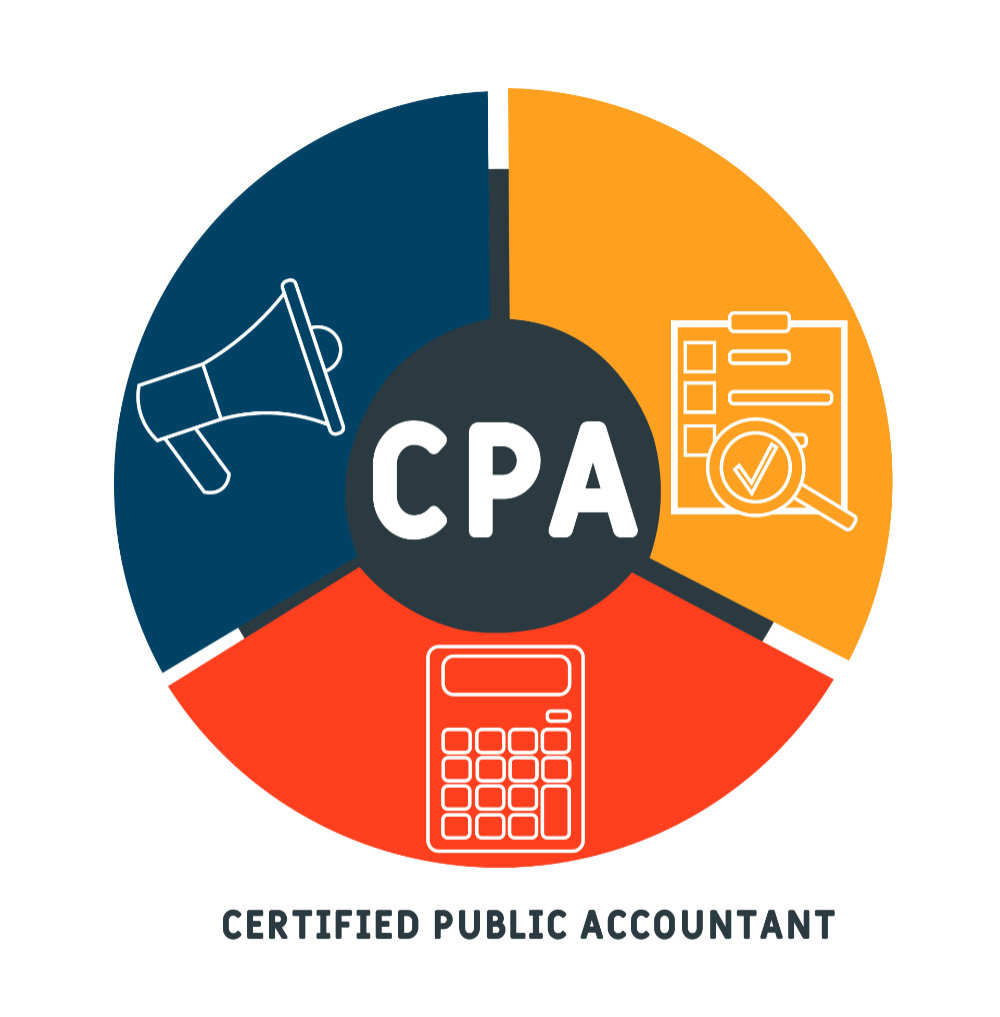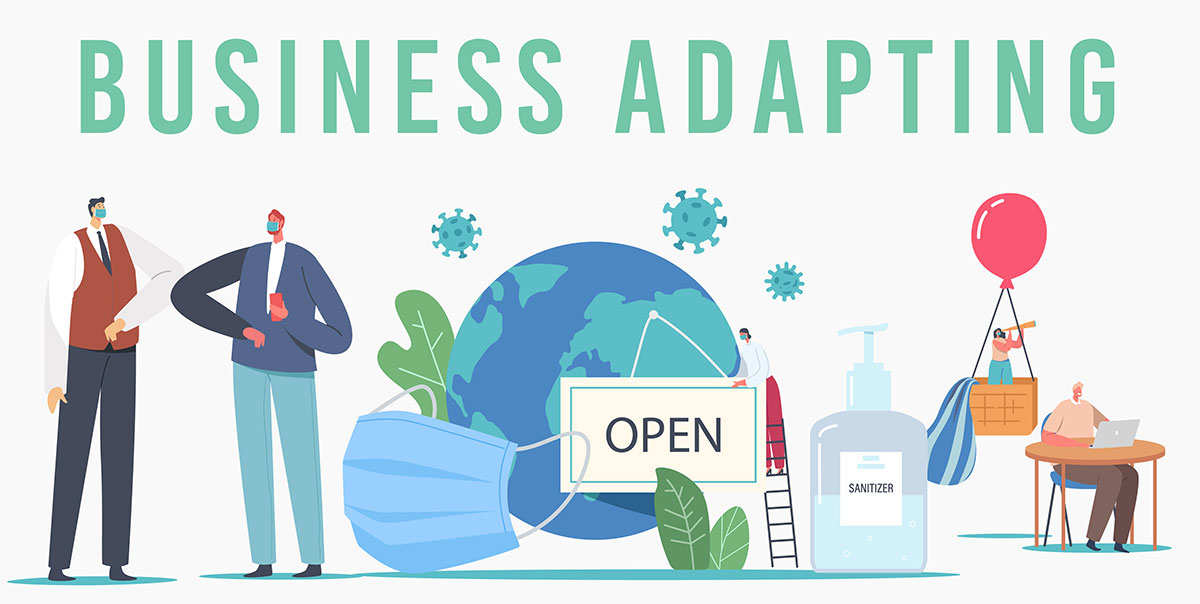What’s the Difference Between a Startup and a Small Business?
May 9, 2023
When you think of a startup business and a small business, you may assume they are one and the same. However, once you learn more about these two types of businesses, you'll discover important differences. If you’re considering going into business for yourself, here are some facts to keep in mind regarding a startup and a small business.
What is a Startup Business?
While it's true that a startup business may be small initially, one important difference between it and a traditional small business is that a startup has no intention of staying small and local. In fact, if you're involved with a startup company, your goal is to expand as quickly as possible to capture a large share of your market and maximize your profits.
What is a Small Business?
Unlike a startup company that is hoping to quickly dominate a worldwide market with its products or services, a small business is one that is focused on remaining small and local within its community. In almost all cases, a small business is independently owned and operated, which is one thing that makes them popular within their communities. When you decide to create a small business, your goal is to create a steady stream of revenue that will allow you to remain in business for decades and build up an excellent reputation with local customers.
Publicly Traded vs. Private
Another major difference between a startup and a small business is that a startup company may go on to become publicly traded, meaning its owners will sell shares of stock to those who want to invest in the company. By doing so, you as the company's owner can generate millions of dollars in a short period of time, enabling you to make your company much larger. As for a small business, it will always be privately held by its owners. Since most small businesses are started by families, they tend to be passed down from generation to generation, which is one reason why generating a decades-long stream of profits is so important. Should you be involved with a startup company and find yourself considering the possibility of going public and selling shares of stock, it is always best to consult with your CPA beforehand to learn about tax implications, financial regulations and rules, and other crucial aspects related to your business.
How Small is a Small Business?
When you think of a small business, you may believe it employs only a handful of people. While this is true in many instances, you should also realize that the federal government considers any business that has less than 1,500 employees to be a small business, although in reality most small businesses employ 20 or fewer individuals.
Going the Extra Mile
If you want to start a small business but have concerns about the competition you may face from big-box stores and other national chains, the good news is that you may not have much to worry about in terms of customers. In a recent survey of more than 2,000 Americans, it was found that over 70% of them stated they would much rather support a local small business than shop at a national chain. Furthermore, respondents also stated they would be willing to drive at least eight more miles out of their way to support a local small business. This goes to show that if you work hard at starting a small business that emphasizes great customer service and excellent products or services, customers will seek you out and support you year after year.
The Risk of Failure
One of the biggest differences between a startup and a small business is the risk of failure associated with each type of business. When you create a startup company, you're very dependent upon finding investors to fund your idea. If you're unable to find enough people willing to invest in you or they decide to pull out, your company could sink before it even gets started. This, along with poor marketing and a clear lack of organization, leads many startup companies to fail within their first two years. While it can also be risky to start a small business, the fact that you can start many of these businesses with small amounts of money, obtain loans from local lenders who know you, and count on support from the community, make starting a traditional small business easier and less risky. Of course, always get as much advice as possible from your CPA before embarking on either of these business ventures.
Different Types of Small Businesses
While you can have a small business that may have well over 1,000 employees, it's also possible you can have a very successful small business that is a sole proprietorship, meaning you and you alone are the owner and the only employee. It's also common for small businesses to be formed as partnerships, since this can help alleviate some of the workload as well as the financial burden needed to start the business.
Expansion Plans
Always remember that a small business may also expand its operations as the years go by and it becomes more successful. In fact, it is not uncommon for many local small businesses to have multiple locations within one community or others located nearby. However, expansion is never the primary goal of a small business. Instead, it is to create a revenue stream that will always be constant month after month and year after year. In doing so, you as a business owner will have peace of mind and know the stage will be set to pass the business down to your children or sell it when you're ready to retire.
Since there are always numerous details associated with making a business successful, rely on the advice and experience of a CPA you know and trust. Whether you’re embarking on a startup venture or a small business, taking care of the details will increase your chances of long-term success.









